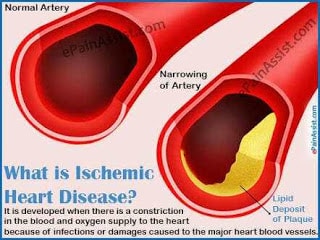Even though the arts and world of literature are full of metaphors for the heart, the reality is that your heart is an intricate organic machine, and it is your duty to take care of it as best you can for yourself and your loved ones, too.
So, with this in mind, here are the top four ways to look after your heart for people of any age.
See Your Doctor If You Are Worried
The first piece of advice on the list, and the most important one by far, is to make sure you do not become one of those people who like to stick their head in the proverbial sand when they feel as if something is wrong or has changed with their bodies.
For your comfort and convenience, register with renowned online medical professionals at TapGP, who will be able to arrange for you to have an online video consultation so that you can see the doctor without even leaving the house.
Look After Your Teeth
Even though it sounds a little strange, the better condition your mouth, teeth and gums are in, the more protection you are giving to your heart, as indeed your other internal organs.
Not only can poor oral hygiene lead to a higher risk of suffering a stroke or developing heart disease, but not looking after your teeth can also heighten the risk of:
- Memory loss and cognitive problems
- Complications with pregnancy
- Certain types of cancer
- Infertility for men and women
- Arthritis
- Kidney and liver disease
Monitor Your Blood Pressure
Maintaining a healthy and normal blood pressure level is incredibly important to protect the heart, as well as for your overall physical fitness.
The higher your blood pressure, the more likely you are to suffer from issues pertaining to the brain. You could also be at a much higher risk of diabetes, and as your blood pressure actually refers to the speed and power at which your heart beats and pushes the blood through your body, a dangerously high or indeed severely low blood pressure can even be fatal.
Reduce Your Intake of Saturated Fats
Essentially, saturated fats are the type of fats that are found in lard, butter, cheese and overtly fatty meats, and when a person consumes too much food containing high levels of saturated fats, they are basically encouraging their cholesterol to rise.
The importance of managing your cholesterol levels, especially as you get older, can never be stated enough, as when a person has high cholesterol, the substance builds up in their blood and starts to affix itself to the walls of the arteries in the heart.
There are, fortunately, other ways to manage and lower your blood cholesterol content aside from avoiding overly large intakes of saturated fats, including changing your diet considerably. Choose seeds and nuts over bread and cakes with butter, brown rice and wholegrain bread, and always ensure to eat at least five portions of fruit and vegetables each and every day.



